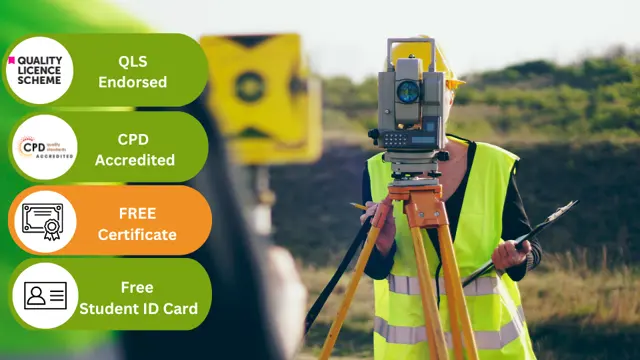Quantity Surveying, Estimation & Cost Control - CPD Certified
Academy for Health & Fitness
30 in 1 Career Guided Programme | 300 CPD Points| Free PDF & Hard Copy Certificate| Tutor Support| Lifetime Access
- Online
- 118 hours · Self-paced
- Certificate(s) included
- 300 CPD points
- Tutor support
Great service
*** 24 Hour Limited Time Flash Sale *** ►►► Quantity Surveying, Estimation & Cost Contro Admission Gifts ◄◄◄ ★★ FREE PDF & Hard Copy Certificate| PDF Transcripts| FREE Student ID| Assessment| Lifetime Access| Enrolment Letter★★ In the UK, the construction industry is a si
…




